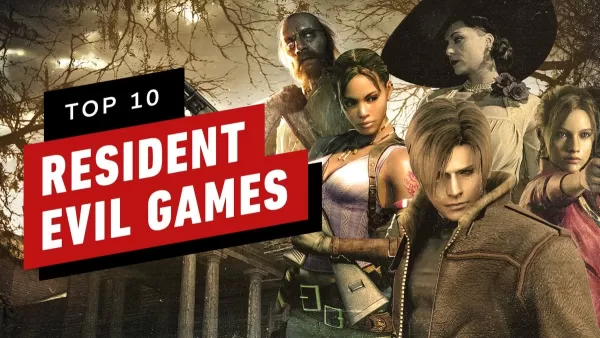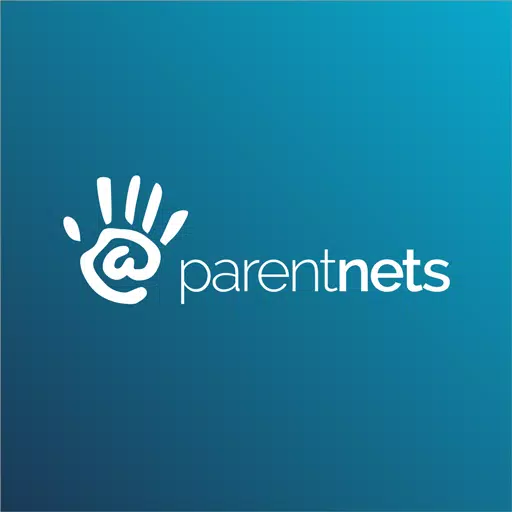Allegations of Abuse by AbleGamers Founder Surface from Former Employees, Community
In 2004, AbleGamers emerged as a nonprofit organization committed to amplifying the voices of disabled individuals and advancing accessibility within the gaming industry. Over two decades, it became a cornerstone in the space—presenting at major conferences, raising millions through annual charity events, and offering essential guidance to developers and players alike. As its reputation grew, so did its influence, with many associating the very concept of video game accessibility directly with AbleGamers.
Under the leadership of founder Mark Barlet, the organization forged high-profile partnerships, including work with Xbox on the Xbox Adaptive Controller, PlayStation on the Access Controller, and even exclusive merchandise collaborations with Bungie. In addition to these efforts, AbleGamers claimed to provide consulting services to game developers, educating them on how to implement accessible design choices into their titles. While previously known for distributing adaptive equipment to disabled gamers, that initiative has since been discontinued. As the accessibility movement gained momentum, so too did AbleGamers’ prominence across the industry.
Yet, despite its outward success, recent revelations from former employees and members of the accessibility community have cast a shadow over the organization’s legacy. These reports outline allegations of workplace abuse, financial mismanagement, and a board that failed to safeguard staff throughout Barlet’s tenure.
A Mission Compromised
Mark Barlet founded AbleGamers with the vision of creating an inclusive space for disabled gamers. According to the AbleGamers website, the organization aimed to offer peer counseling, foster a sense of community, and serve as a consultant for studios looking to improve accessibility. However, behind the scenes, multiple sources describe a toxic internal culture that sharply contrasted with those stated goals.
One former employee, who worked at the organization for nearly a decade and requested anonymity, shared a consistent account of emotional abuse, sexist remarks, and inappropriate behavior by Barlet. They described being singled out due to their gender, assigned informal HR responsibilities without proper training or credentials, and subjected to demeaning comments. On multiple occasions, they claim, Barlet made racist remarks about other employees and engaged in inappropriate physical gestures mocking individuals with disabilities.
The source also recalled deeply uncomfortable incidents involving sexually suggestive comments made by Barlet during meetings and private interactions. During one instance, while they were postpartum, Barlet allegedly made lewd remarks about their body and mimicked touching them inappropriately. The source says this pattern continued throughout their employment, intensifying whenever they attempted to speak up against his conduct.
Hostility Beyond Office Walls
Barlet’s alleged hostility was not limited to internal staff. Former colleagues and external advocates describe a pattern of belittlement toward other accessibility professionals, often accompanied by attempts to undermine their credibility. At industry events, he reportedly mocked peers and dismissed the expertise of fellow advocates, sometimes interrupting presentations outright.
One accessibility advocate recounted being told by Barlet, “You are a drop in the pond of accessibility. And I own the pond.” Another described being pressured to hand over intellectual property under threat of professional retaliation. Multiple advocates corroborated these claims, describing an environment where dissent was met with aggression and exclusion.
Financial Irregularities and Misuse of Funds
Beyond workplace culture concerns, AbleGamers also faced internal scrutiny over financial decisions. Former employees allege that Barlet authorized unnecessary expenditures—including first-class travel, luxury accommodations, and lavish meals—even as budget constraints were imposed on others. One notable example involved the purchase of a van during the pandemic, which reportedly served no practical purpose and went unused.
Another controversial expense was the installation of a Tesla charger at the organization’s headquarters. According to sources, none of the staff except Barlet drove a Tesla, yet the cost of the unit and installation was covered by AbleGamers funds. Leadership reportedly raised concerns, but these were ignored or dismissed.
Additionally, salary disparities fueled internal tensions. Employees noted inconsistencies in pay structures, with some lower-ranking individuals earning more than senior directors. Raises and compensation decisions appeared arbitrary, leading to accusations of favoritism and poor oversight.
Board Failures and Lack of Oversight
Despite repeated warnings from staff and financial officers, the independent board failed to take decisive action. Former employees say Barlet maintained tight control over communication channels, restricting access to the board and preventing transparency. When concerns were escalated, they were often met with silence or deflection.
An investigation conducted by payroll provider ADP reportedly recommended Barlet’s immediate termination due to serious misconduct findings. However, the board allegedly ignored these recommendations, delaying any formal response until months later. An Equal Employment Opportunity Commission (EEOC) complaint was eventually filed, citing harassment, discrimination, and retaliation.
Even when an internal investigation was launched, it was led by a law firm with existing ties to AbleGamers and Barlet himself, raising questions about impartiality. Staff were kept in the dark about the process, leadership transitions, and project directions, further eroding trust within the organization.
Aftermath and Fallout
Barlet officially stepped down in late 2024, though the transition lacked clarity or public acknowledgment from the board. Instead, staff were instructed to refer inquiries to his personal LinkedIn post. Despite his departure, tensions remained, with several employees reportedly terminated in what some believe was retaliatory action tied to their involvement in the investigation.
Former Chief Operating Officer Steven Spohn is said to have contacted former employees using persuasive language, urging them not to speak publicly about the situation. He did not respond to requests for comment.
Barlet's Response
When contacted by IGN, Barlet denied all allegations of harassment and abuse, claiming an internal investigation cleared him of wrongdoing. He attributed the complaints to resistance against workforce reduction proposals and defended his travel, spending, and management decisions as necessary for business operations.
However, Barlet provided no documentation to support his claims and declined to share policies or records unless interviews were conducted off the record. His responses largely relied on personal assertions rather than verifiable evidence.
A Dream Dismantled
For many within the disability community, AbleGamers represented hope—a rare organization advocating for inclusion in an industry long overdue for change. Yet, for one former employee, the experience turned into a painful disillusionment.
“I cried a lot to my family, friends, and therapist because that was my dream job,” they said. “Barlet just burned it to the ground.”




























